Every October, there is an annual celebration of the history, achievements, and contributions of black people in the UK. To celebrate this year’s black history month, we are honouring six important black Britons, from those who broke race barriers, to figures whose feats have cemented Britain’s place on the world stage.
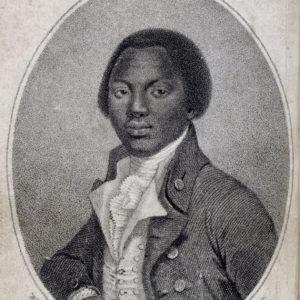
Olaudah Equiano
Olaudah Equiano published one of the earliest and most compelling arguments against slavery. Born in Nigeria circa 1745, he spent eight years as a slave before he bought his freedom and eventually settled in the UK. Here, he published his autobiography, The Interesting Narrative of the Life of Olaudah Equiano; or, Gustavus Vassa, the African, Written by Himself. Equiano’s words were so popular his book sold out immediately and ran through nine English editions. Equiano is widely regarded as the pioneer of the slave narrative and a prominent abolitionist. Sadly, he died in 1797, meaning he didn’t live to see slavery abolished.
Mary Seacole
Born in 1805, Mary Seacole spent her formative years in Jamaica. Her father was a white Scottish army officer, while her mother was black. Seacole’s mother was a healer who used traditional Jamaican medicines, and as a youngster, Seacole inherited this passion. She used her dolls to practise medicine and became her mother’s keen student. In 1821, she began to travel the world, soaking up medical knowledge at each stop. She sailed to England and asked to be an army nurse to wounded British soldiers in Crimea (now part of Ukraine). The War Office refused her request. Undaunted, she funded her own trip and set up the British Hotel – a place of respite for sick soldiers. She also nursed the wounded on the battlefield. The soldiers dubbed her ‘Mother Seacole’ and back in Britain, her popularity rivalled Florence Nightingale.
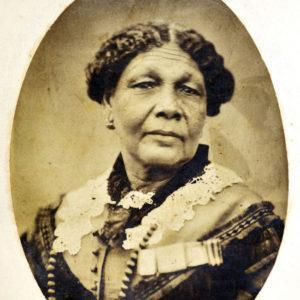
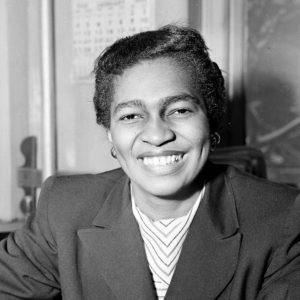
Claudia Jones
Claudia Jones was born in Trinidad in 1915, but moved to the United States as a child. A prominent feminist and communist, Jones was deported for her political activities in 1955. She gained asylum in the UK, where she launched Britain’s first major black newspaper, the West Indian Gazette. Confronted by “No blacks, no dogs, no Irish” posters, Jones became a leader in the emerging black equal rights movement. In 1959, she helped to found Notting Hill Carnival, with the hopes that showcasing Caribbean culture and heritage would empower her community. Jones died aged 49, leaving quite a legacy – Notting Hill Carnival is currently Europe’s biggest street festival.
Dianne Abbott
Former shadow home secretary Dianne Abbott was born in London in 1953. After graduating from the University of Cambridge, Abbott worked as a civil servant, a reporter and a Labour party press officer. In 1987, Abbott decided to run as Labour’s candidate for the Hackney North and Stoke Newington constituency. She made history as the first black woman to be elected to Parliament, and she is currently the longest-serving black MP in the House of Commons.
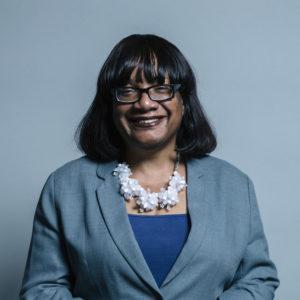
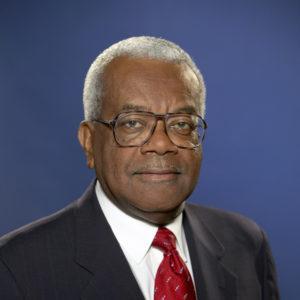
Trevor Mc Donald
Sir Trevor McDonald was born in Trinidad in 1939. He cut his teeth at local media outlets, before moving to London and joining the BBC World Service as a producer. In 1973, he became a reporter for ITN, then went on to become a presenter.During this time, Sir Trevor was one of the few black faces in broadcast television. He interviewed figures from Nelson Mandela to Saddam Hussein, and became the first sole presenter of News At Ten. In 1992, Sir Trevor received an OBE in the Queen’s Honours List, followed by a knighthood in 1999. He retired from News at Ten (for the second time) in 2008. By then, he had received more awards than any other news broadcaster in Britain.
Justin Fashanu
Justin Fashanu was born in 1961, Justin Fashanu began playing for Norwich City FC. As a 19-year-old, his stunning volley against Liverpool was voted Goal of the Season in 1980, and it’s still considered one of the best goals ever scored at Norwich City’s home ground. With his move to Nottingham Forest in 1981, Fashanu became the first black footballer to command a £1 million transfer fee. He never lived up to his potential at the club, and his relationship with manager Brian Clough soured before he was transferred to rivals Notts County in 1982. Fashanu made frontpage news after revealing in The Sun newspaper that he was gay – becoming the first openly homosexual footballer in the process. He spent the rest of his playing days being subjected to both racist and homophobic taunts. In 1998, Fashanu took his own life in an East London garage in 1998 after being accused of sexual assault in the US.
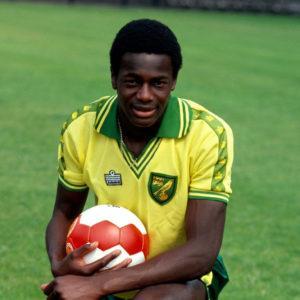
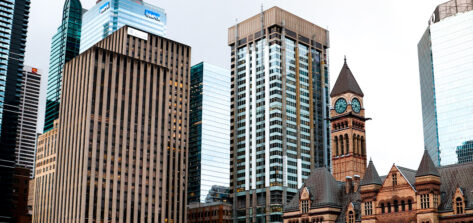
Supporting STEM students at University of Toronto Peter Murphy, Project Manager –based in our Toronto office, is leading our efforts to help provide the skilled workforce needed to deliver Ontario’s ambition. As a University of Toronto (UofT) alumni,…
Read more
As 2024 draws to a close and I complete my first few weeks as CEO, I’ve been reflecting on what’s been an incredibly busy year for the industry and projects we work in and the clients and partners we support….
Read more
D2 Global Ltd are pleased to announce the completion of a management buy-out and restructure of the Board of Directors. The transition of ownership sees co-founder David Diesbergen step down as CEO. Dave will continue to support the Business as…
Read more
Over the past month we have had the privilege of supporting Project Controls Expo USA, at the Nationals baseball stadium, and Project Controls Expo UK at Wembley, home of England’s national football teams. These iconic locations serve as a hotbed…
Read more